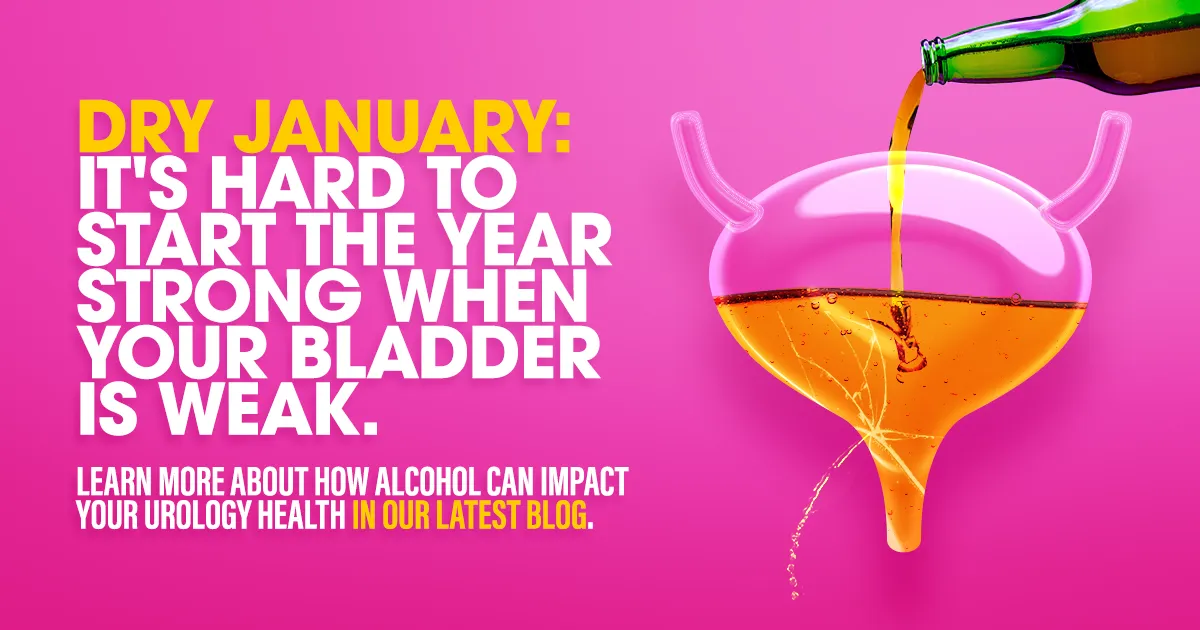In a world where socializing often involves raising a glass, it’s crucial to consider the impact of alcohol on our overall health. While many are aware of the effects on the liver and cardiovascular system, the influence of alcohol on urological health is often overlooked. In this blog, we’ll explore the sobering truth about how alcohol can impact urology and why it’s essential to be mindful of our alcohol consumption.
Dehydration and Kidney Function
One of the most immediate effects of alcohol consumption is dehydration. Alcohol is a diuretic, meaning it increases urine production, leading to a loss of fluids from the body. Prolonged or excessive alcohol intake can strain the kidneys, potentially impairing their function. Chronic dehydration may contribute to the formation of kidney stones, a painful urological condition that can adversely affect overall kidney health.
Bladder Health and Incontinence
Alcohol can irritate the bladder lining, leading to inflammation and an increased risk of urinary tract infections (UTIs). Additionally, the diuretic effect of alcohol may contribute to urgency and frequency of urination. Over time, chronic alcohol consumption may weaken the pelvic floor muscles, contributing to urinary incontinence – a condition that affects both men and women.
Prostate Health
For men, the prostate is a crucial part of the urological system. Research suggests a potential link between alcohol consumption and an increased risk of prostate issues, including inflammation and an elevated risk of prostate cancer. While more studies are needed to establish a definitive connection, it’s prudent for men to be mindful of their alcohol intake for overall prostate health.
Impact on Testosterone Levels
Excessive alcohol consumption has been associated with reduced testosterone levels in men. Testosterone plays a vital role in maintaining reproductive and urological health. Lower testosterone levels may contribute to a range of urological issues, including decreased libido, erectile dysfunction, and even muscle mass loss.
While enjoying an occasional drink may not pose a significant threat to urological health, moderation is key. Excessive alcohol consumption can have far-reaching consequences on kidney function, bladder health, sexual function, and more. Being aware of the potential risks and maintaining a balanced approach to alcohol intake is essential for preserving urological well-being. As always, individuals with existing urological conditions or concerns should consult with healthcare professionals for personalized advice and guidance. To explore cutting-edge treatment options for urological health, contact the board-certified physicians at Urology Clinics of North Texas. Call (214) 580-2266 or visit urologyclinics.com.

